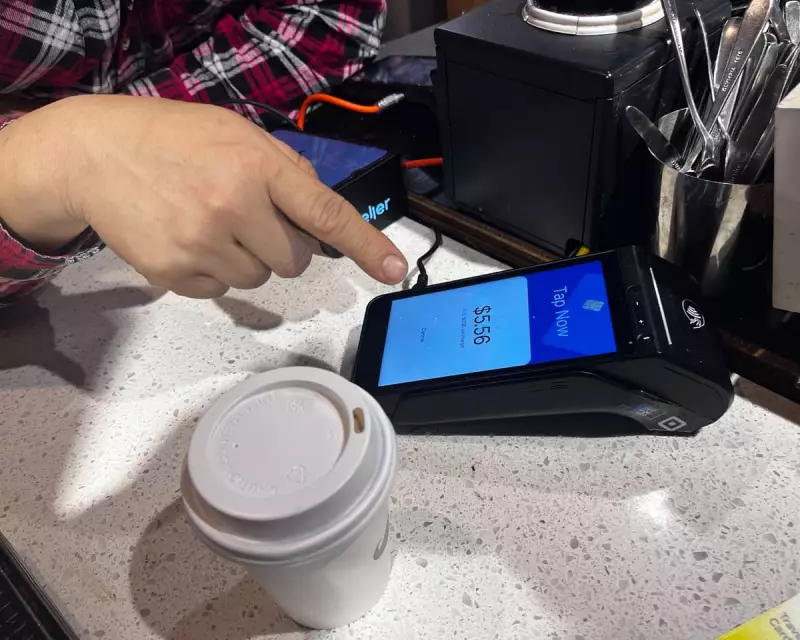
The Reserve Bank has unveiled a groundbreaking proposal that could put an end to frustrating card payment surcharges, saving consumers millions each year. If implemented, these changes would force businesses to absorb transaction costs rather than passing them on to customers.
What's Changing?
The proposed reforms target the hidden fees that have become commonplace across retail and service industries. Currently, many businesses add 1-3% surcharges when customers pay by card – particularly for credit card transactions.
Key Impacts for Consumers:
- No more surprise fees at checkout for using your preferred payment method
- Potential price adjustments as businesses may increase base prices to cover costs
- Greater transparency in pricing across all sectors
Why Now?
This move comes after years of consumer complaints about unfair surcharges, particularly for small transactions where fees often represent a significant percentage of the total cost. The banking regulator argues the current system distorts price competition and creates unnecessary friction in payments.
Business Implications
While consumers celebrate, businesses face new challenges. Retailers will need to either absorb these costs or adjust their pricing strategies. The banking sector may see changes to merchant service fees as the entire payment ecosystem adapts to these reforms.
The Reserve Bank is currently consulting on the proposal, with final implementation expected within 12-18 months. Consumer advocates are urging swift adoption, while business groups are calling for phased implementation to ease the transition.





